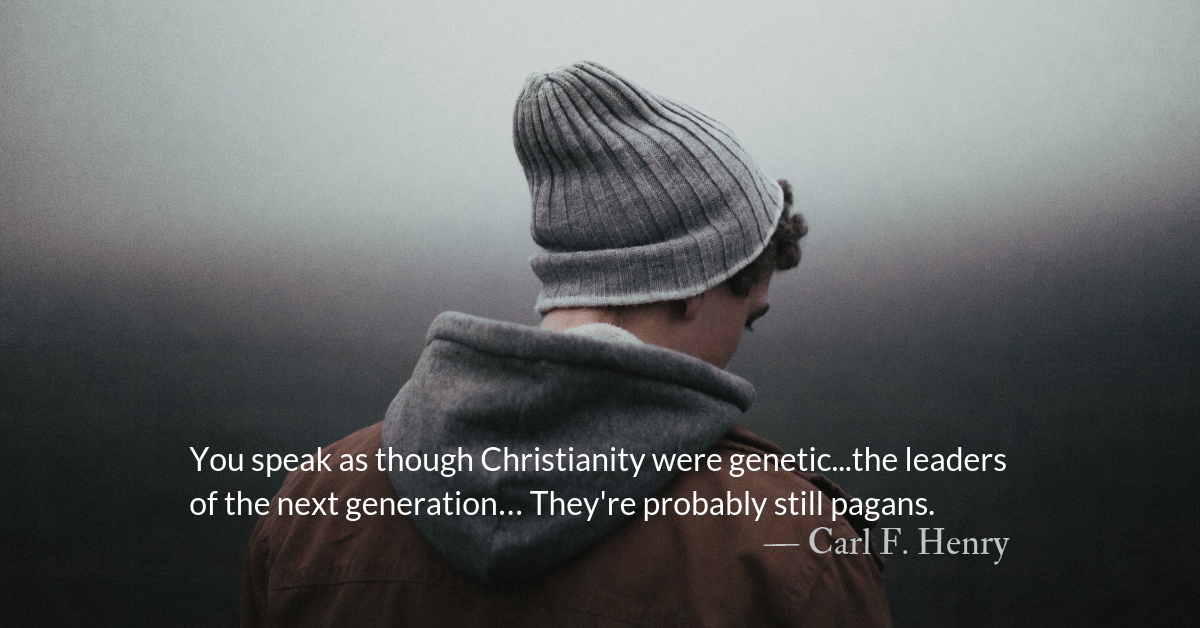Scripture Focus: 1 Corinthians 9.19-23
19 Though I am free and belong to no one, I have made myself a slave to everyone, to win as many as possible. 20 To the Jews I became like a Jew, to win the Jews. To those under the law I became like one under the law (though I myself am not under the law), so as to win those under the law. 21 To those not having the law I became like one not having the law (though I am not free from God’s law but am under Christ’s law), so as to win those not having the law. 22 To the weak I became weak, to win the weak. I have become all things to all people so that by all possible means I might save some. 23 I do all this for the sake of the gospel, that I may share in its blessings.
Reflection: Freedom For, Not From
By John Tillman
“It is for freedom that Christ has set us free.…” (Galatians 5.1)
Paul wrote some of the most stirring words about freedom in the scriptures but had a different idea about individual freedom than is common today.
Westerners especially are individualistic by default. Our cultural idea of freedom is personal: My freedom is mine. It is for me. It allows me to choose the best for myself. It allows me to do what I want to do. My freedom serves my pleasure, my needs, and my goals. Your freedom is important too, but only because all must be free so that I can be free. And if you use your freedom to do something I don’t like…well, I might work to restrict that freedom.
Individual freedom is good. Personal responsibility is good. However, this vision of individual freedom can fuel selfishness: I am free to care for myself and so are you. I am responsible to care for myself and so are you. Therefore you are not entitled to help from me and your need places no obligation upon me. This cultural idea, which says “Go in peace; keep warm and well fed.” is condemned in scripture. (James 2.16)
Rather than seeing his freedom as setting him free from others, Paul utilized his freedom for others. Paul called himself a “slave” of others. Paul leveraged his freedom for others. He sacrificed his freedom for others. He brought freedom to others.
Paul leveraged his freedom. Paul used the freedoms of his Roman citizenship to travel freely and to avoid persecution. His freedom of movement and legal rights ensured that the gospel continued to spread.
Paul sacrificed his freedom. Before Festus, Paul could have been set free. (Acts 26.32) Yet, he made a strategic legal appeal that would mean imprisonment and death for him, but life for the church.
Paul brought freedom. Paul used the freedom he had in Christ to bring freedom to others and make the most of every evangelical opportunity. He was a cultural chameleon, yet without losing the distinctiveness of following Jesus. Rather than demanding his own freedom or enforcing his culture, Paul removed every cultural stumbling block except the gospel.
Let us think about our freedom in the way Paul did, not as a way to benefit ourselves but as a way to benefit others and spread the gospel.
Divine Hours Prayer: The Call to Prayer
Hallelujah! Praise the Name of the Lord; give praise, you servants of the Lord,
You who stand in the house of the Lord, in the courts of the house of our God.
Praise the Lord, for the Lord is good; sing praises to his Name, for it is lovely. — Psalm 136.1-3
– From The Divine Hours: Prayers for Springtime by Phyllis Tickle.
Today’s Readings
Numbers 35 (Listen 4:41)
1 Corinthians 9 (Listen 4:04)
This Weekend’s Readings
Numbers 36 (Listen 2:15), 1 Corinthians 10(Listen 4:04)
Deuteronomy 1 (Listen 6:27), 1 Corinthians 11 (Listen 4:20)
Read more about Complaint to Commission
Paul also shows us how to go beyond complaint to the cure our culture needs—the gospel.
Read The Bible With Us
Immerse in the Bible with us at a sustainable, two-year pace, with no ads and no agendas.








